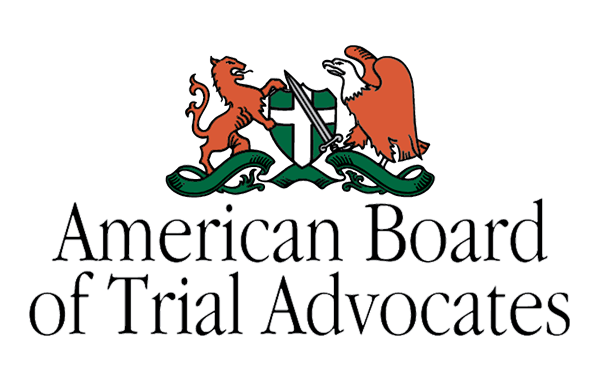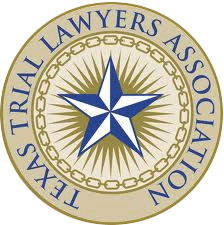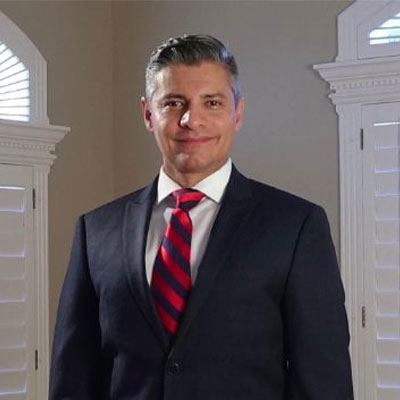After an accident, whether it’s a car crash, a slip and fall, or a workplace injury, it’s natural to want to cooperate with insurance companies and authorities. However, many people do not realize that giving a recorded statement without legal representation can significantly harm their case. This seemingly simple act of providing information to an insurance company or investigator can have severe consequences, especially if you are not aware of the legal implications.








Understanding the potential risks involved is crucial in protecting your rights and ensuring you are fairly compensated for your injuries. In this article, we will explore why it is never advisable to give a recorded statement without a lawyer and how legal representation can help safeguard your interests.
What Is a Recorded Statement and Why Do Insurance Companies Ask for One 
A recorded statement is essentially a formalized version of your account of the events surrounding the accident. It is typically requested by an insurance company or a third party involved in the claim process. The purpose of this statement is to obtain your version of the incident and the details surrounding it. While this may seem like a routine procedure, anything you say during a recorded conversation can be used against you later on.
Insurance companies ask for recorded statements because they know that people often say things they don’t mean or accidentally admit fault. In many cases, these companies will use your recorded statement to limit the payout they offer you. Without a lawyer present, you may be unaware of the subtle ways your words can be twisted or misinterpreted.
The Risks of Giving a Recorded Statement Without a Lawyer
It’s easy to think that giving a statement will help you speed up the claims process and resolve the matter quickly. However, doing so without proper legal counsel can significantly impact the outcome of your case. Below are some of the most common risks associated with providing a recorded statement without a lawyer.

Protecting Your Rights
Unintentional Admissions
One of the most significant dangers of giving a recorded statement is that you may unintentionally admit fault or make a statement that weakens your case. For example, you might say something like “I’m not sure what happened,” or “I didn’t see the other driver.” While these statements may seem innocent at the time, they can be interpreted in a way that shifts liability onto you. Even the smallest admission can be used against you to reduce or deny your claim.
Insurance companies are well aware that people often say things they don’t mean in the stress of the moment. What may seem like an offhand comment can be turned into evidence that suggests you are partly or fully responsible for the accident. A lawyer can guide you on what to say and how to protect your rights during this process.
Leading Questions
Insurance adjusters are skilled at asking questions that seem neutral but are actually designed to limit the payout they offer. These are known as leading questions, and without a lawyer present, you may not even realize you are being asked such questions. For instance, an insurance adjuster may ask, “Are you sure you weren’t distracted while driving?” This question presumes that you may have been distracted, even if you were not, and it can steer your response toward an admission of fault.
A lawyer can help you understand the questions being asked and ensure that you are not tricked into providing answers that could be detrimental to your case.
Misleading or Incomplete Information
Another issue with giving a recorded statement without legal representation is that you may unknowingly leave out important details. The accident may have involved multiple factors, and it’s easy to overlook certain aspects of the incident in your first account. If you provide incomplete or misleading information, it could hurt your chances of receiving fair compensation.
A lawyer will know what information is necessary and will ensure that all the facts are presented accurately and thoroughly. They will also help you avoid saying anything that could be misinterpreted later on.
Your Legal Rights May Be Compromised
When you give a recorded statement without a lawyer, you are putting your legal rights at risk. Insurance companies often work to minimize the amount of money they have to pay out, and they may try to use your statement to invalidate or reduce your claim. By speaking with a lawyer before giving any statement, you ensure that your rights are protected and that you do not inadvertently sign away your entitlement to fair compensation.
How a Lawyer Can Help Protect Your Rights
Having a lawyer on your side can make a world of difference in the outcome of your case. Your lawyer will serve as your advocate throughout the claims process, helping you navigate the complexities of the legal system and ensuring that your rights are upheld. Here are some ways a lawyer can protect you when giving a recorded statement.
Reviewing the Statement Before You Speak
Before you give any statement, a lawyer will review the situation and advise you on the best course of action. They will ensure that you understand the implications of what you say and guide you on how to respond to questions. By having a lawyer present, you can avoid making any statements that could negatively impact your case.
Protecting Against Leading or Misleading Questions
A lawyer will help you recognize leading questions and ensure that your answers are clear and accurate. They will also be able to rephrase questions if necessary, ensuring that the insurance company cannot twist your words to their advantage. Having an attorney present helps level the playing field and ensures that the information gathered is truthful and fair.
Ensuring Complete and Accurate Information
Your lawyer will ensure that the full scope of the accident is addressed in your statement. They will help you recall important details that may have been overlooked, ensuring that your account is complete and accurate. A well-prepared statement can make a significant difference in your case and improve your chances of receiving the compensation you deserve.
Negotiating on Your Behalf
After the recorded statement is provided, your lawyer will handle all subsequent communications with the insurance company. They will negotiate on your behalf to ensure that you receive a fair settlement and that all your medical bills, lost wages, and other damages are properly addressed.
What to Do If You Have Already Given a Recorded Statement Without a Lawyer
If you have already given a recorded statement without consulting a lawyer, don’t panic. It’s not too late to take action. A lawyer can still review the statement and provide guidance on how to proceed. They may be able to challenge any misstatements or inconsistencies in the statement and ensure that your rights are protected moving forward.
If you have been involved in an accident and are considering giving a recorded statement, it is crucial to consult with a lawyer before doing so. A lawyer will ensure that your rights are protected, help you avoid common pitfalls, and guide you through the complexities of the claims process. Insurance companies may attempt to use your statement against you, but with legal representation, you can ensure that your statement is accurate, complete, and does not harm your case.
At Chavez Law Firm, we have years of experience helping individuals in El Paso and surrounding areas navigate their accident claims. Contact us today for a free consultation and make sure you are fully protected during this crucial part of the process.



